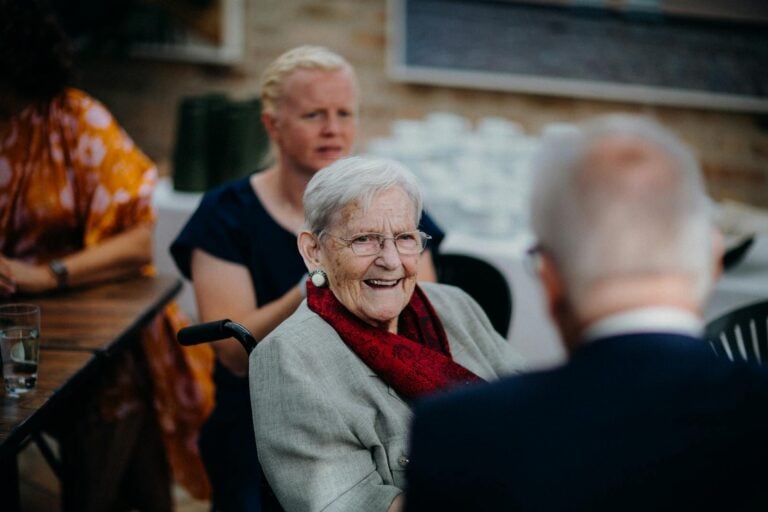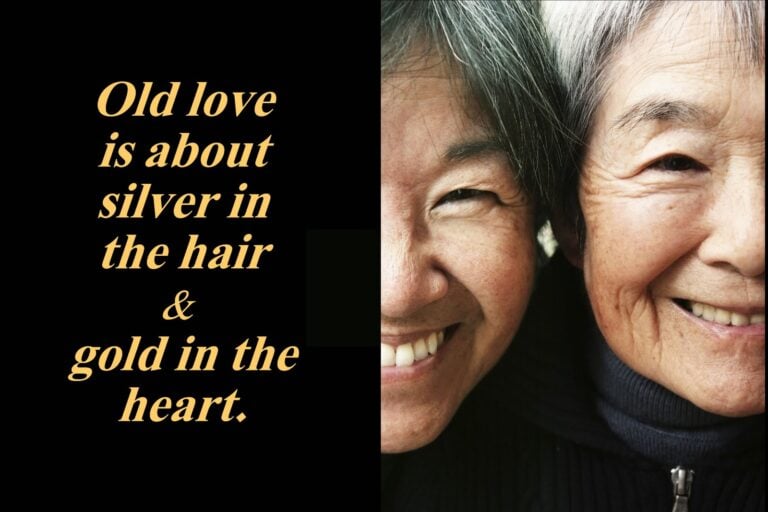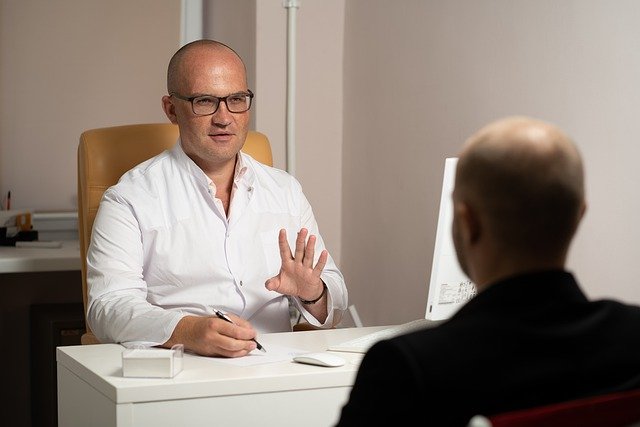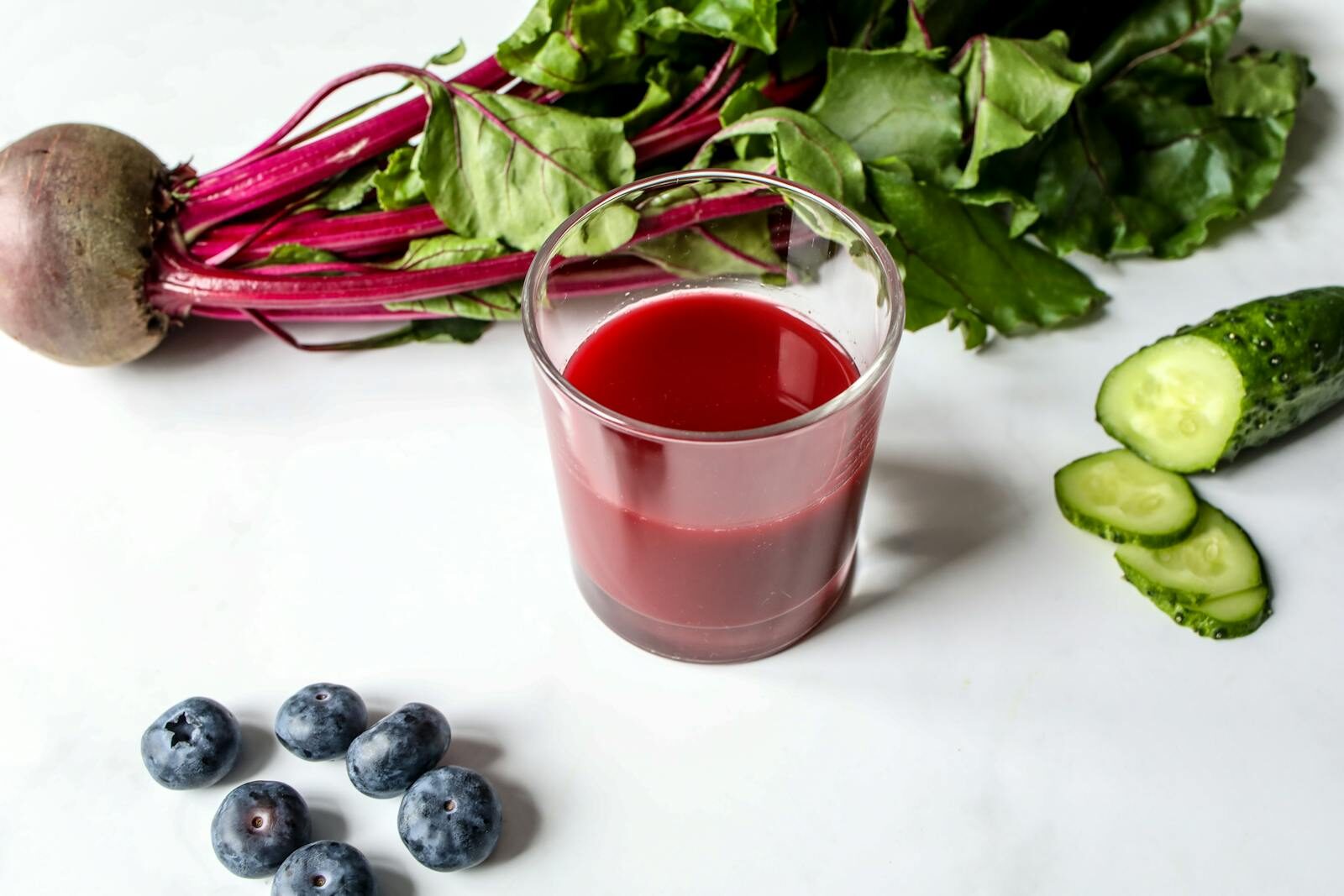
Your Social Frailty Index: A New Way to Delay Dementia
Strengthening social connections may offer a surprising boost to long-term brain health.

Strengthening social connections may offer a surprising boost to long-term brain health.

Old love is about Silver in the hair and Gold in the heart.

New research hints at a simple, widely available vaccine that may help protect brain health.

What really happens behind closed doors when dementia enters a relationship? 💔 Watch as love and reality collide — this story will move you.

New research suggests choline—a nutrient linked to memory and cognitive resilience—may help people with Alzheimer’s and at high dementia risk. Here’s why nuts, a heart-healthy and cholesterol-free food, can play a powerful role in daily dementia care.

In dementia, people repeatedly ask, “What’s the time?” “What day is it?” Easily solve this with Dementia-clocks / Calendar-clocks. Check out 7 clocks with good looks and limitless patience.

VIDEO & ARTICLE – CARE TIPS:
This season is filled with family and friends, laughter and reminiscing. Learn ways to prevent dementia’s stress, frustration, and loneliness. Fill the holiday with joy.

A simple voice-based AI companion is offering gentle conversation and emotional support for people living with Alzheimer’s and dementia — no apps, no screens, and no tech skills required.

A twice-daily pill called ALZ-801 brings new hope to high-genetic-risk Alzheimer’s. Early findings suggest meaningful slowing of decline, stronger safety, and brain structure protection.

New research from the Framingham Heart Study shows that even mild hearing loss in midlife is linked to early signs of brain aging. The encouraging news: simple steps you take now may help protect memory, thinking skills, and long-term brain health.

Too much sleep and too little sleep can contribute to cognitive decline, researchers report. Learn more.

New early-onset Alzheimer’s data show that lecanemab can slow functional decline—even while tau continues to spread in the brain. The research helps explain how amyloid-lowering treatments may still preserve daily life, despite the disease’s complexity.

People with dementia who were consistently seen by the same General Practitioner (GP) are given fewer medicines and are less likely to be given medicines that can cause problems, according to researchers at University of Exeter. Learn more.

Ketone-rich diets increase the SIRT3 protein that protects neurons from death during the progression of Alzheimer’s disease. But how does it work? Find out more.

People worry about becoming forgetful. Is it the first sign of Alzheimer’s or just the passing years? After all, forgetfulness is a normal part of aging. Check out these quick ways to tell the difference.

Researchers found in a study that people who developed dementia were more likely to have their credit rating drop at least two and a half years before the diagnosis. Some had problems managing their money up to six years before. Find out more.

Scientists say restoring a brain protein, not removing amyloid plaques, should be the target of Alzheimer’s dementia therapies. The researchers said treatment might lie in normalizing the levels of a specific brain protein.
No spam, only news and updates.


